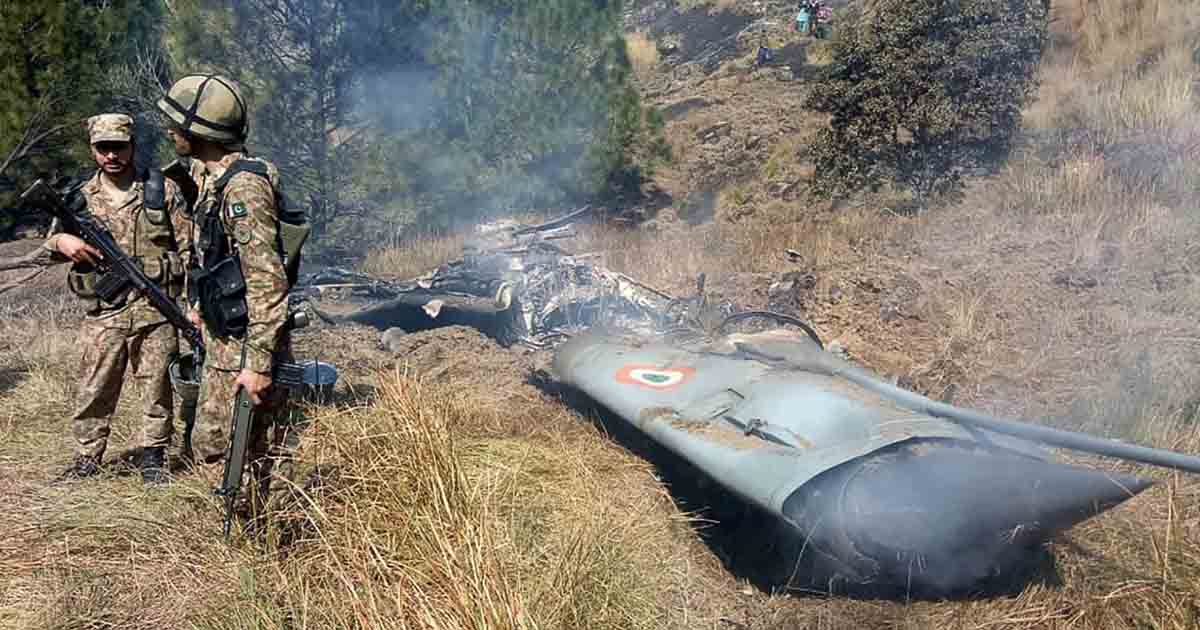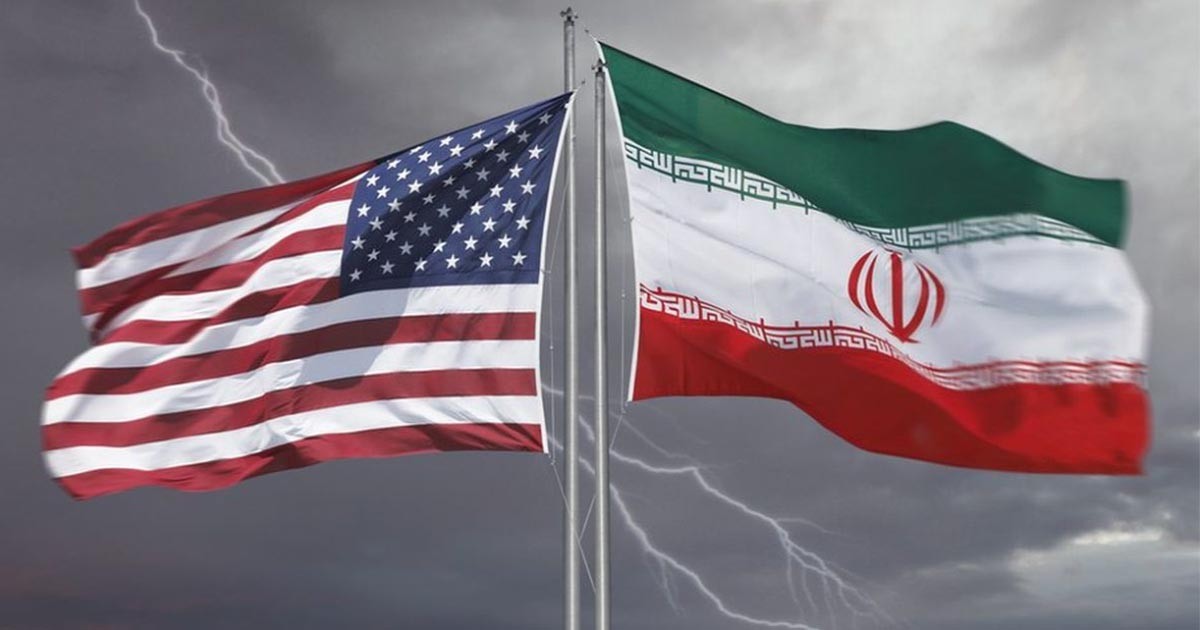Amid heightened tensions between India and Pakistan, Air Vice Marshal Aurangzeb Ahmed of the Pakistan Air Force offered critical insights into India’s combat performance, particularly regarding the use of Rafale jets. Speaking at a press conference, Ahmed addressed widespread speculation about the reported loss of Indian aircraft during recent clashes, including the widely discussed Rafale.
Pakistan Air Vice Marshal Aurangzeb Ahmed:
Rafale is not a bad plane. It’s a very good plane, only if it’s employed well. pic.twitter.com/7uXoxFWLig
— Clash Report (@clashreport) May 11, 2025
“Rafale is not a bad plane. It’s a very good plane—only if it’s employed well,” he said, suggesting that the issue lies not with the aircraft’s capabilities but with strategic and tactical execution by the Indian Air Force (IAF).
Read more: Air Vice Marshal Aurangzeb Ahmed takes social media by storm
The statement comes in the wake of Pakistan’s Operation Bunyanun Marsoos, a retaliatory military campaign launched after Indian missile attacks reportedly killed civilians and damaged Pakistani infrastructure. During the operation, Pakistani forces claimed to have downed five Indian fighter jets and targeted multiple IAF airfields, including those housing Rafale squadrons.
🚨🇮🇳🇵🇰 BREAKING: NEW and much clearer footage of debris of the Rafale-exclusive M88 engine spotted again in Bathinda, India. pic.twitter.com/qHzXf85mj1
— Jackson Hinkle 🇺🇸 (@jacksonhinklle) May 11, 2025
In last night’s ISPR press conference, Director General of the Inter-Services Public Relations (ISPR) Lt Gen Ahmed Sharif Chaudhry, flanked by senior air and naval officers, detailed Pakistan’s “textbook response.” He highlighted the integrated use of land, air, and sea forces to deliver what he called a “two-notch-up response,” aimed at re-establishing deterrence without escalating into full-scale war.
The ISPR briefing also emphasized that Pakistan’s military actions were carefully calibrated to avoid civilian casualties while degrading India’s operational capability. Air Vice Marshal Aurangzeb Ahmed further underscored this point by highlighting the precision of Pakistan Air Force strikes and the professionalism of its personnel.
The ISPR officials reiterated Pakistan’s stance that it did not request a ceasefire, but responded maturely to Indian aggression. “We acted with restraint, but with resolve,” Lt Gen Chaudhry stated. He praised the armed forces, political leadership, and Pakistani youth for their unified response to the crisis, particularly acknowledging the role of cyber and media warriors.
As tensions ease following an American-brokered ceasefire, global attention remains on how both nations will recalibrate their military strategies moving forward. Meanwhile, the debate surrounding India’s use of advanced platforms like Rafale continues to stir public discourse across the region.














